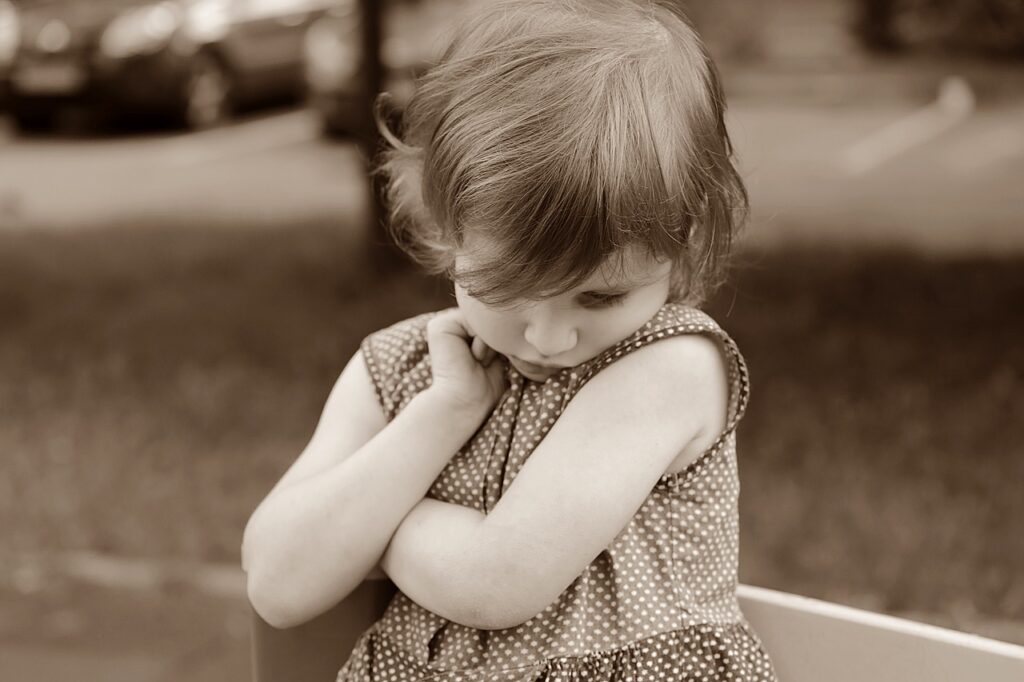Children who show behavioral inhibition (i.e., don’t play, stay in one place, don’t interact with their environment) are typically afraid, overly cautious, or avoid unfamiliar people, objects and situations. Having this inhibited temperament often leads them to be characterized as timid and neophobic (i.e., afraid of novelty).
Of particular interest is the link between behavioral inhibition and social and emotional functioning in children, as it has been linked to difficulties in peer interactions, social withdrawal, and increased risk for anxiety disorders.
The current study followed 14 month-old infants with behavioral inhibition for three decades to determine how an inhibited temperament affects long-term personality, social relationships, vocational/education, and mental health outcomes in adulthood.
The results indicate that infant behavioral inhibition continues well into adulthood as introversion or reservation. In addition, this temperament predisposes children to anxiety and depression later in adulthood, including complex anxiety disorders like social anxiety.
On the other hand, it does not appear to affect professional achievement and romantic relationships, which suggests that despite certain social deficits they are still able to function effectively in society.
Reference:
Tang, A., Crawford, H., Morales, S., Degnan, K. A., Pine, D. S., & Fox, N. A. (2020). Infant behavioral inhibition predicts personality and social outcomes three decades later. Proceedings of the National Academy of Sciences.

